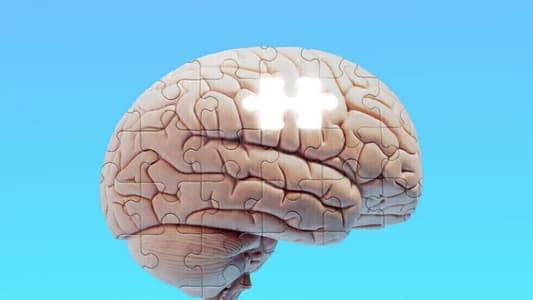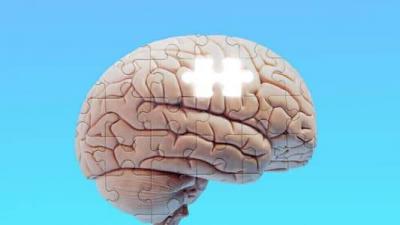Scientists have praised what is believed to be a "historic breakthrough" in the fight against neurodegenerative Alzheimer's disease, after the antibody treatment "lecanemab" proved effective in slowing the progression of the condition during clinical trials. This development comes after decades of unsuccessful attempts to find a way to halt the disease's advancement. Lecanemab cleanses the brain of a toxic protein known as amyloid, which accumulates in the brains of Alzheimer's patients and destroys cells, leading to memory loss and communication problems associated with dementia.
Although dementia and Alzheimer's disease do not represent one health condition, both terms are often used interchangeably when discussing memory-affecting diseases. Both conditions impact millions of people worldwide and are a leading cause of death globally.
**What is the Difference Between Dementia and Alzheimer's Disease?**
Alzheimer's disease is a condition that causes damage to the neurons that transmit vital messages from the brain. Dementia does not refer to a specific illness, but rather is a term used to summarize a range of symptoms resulting from such cognitive diseases. There are many different types of dementia, and since one of the most common forms is Alzheimer's disease (which accounts for 60-80% of dementia cases), this is why people often confuse dementia with Alzheimer's and use the terms interchangeably.
Dementia occurs when mental decline is severe enough to negatively affect an individual's ability to function and perform daily activities. It causes problems with thinking, reasoning, and memory. Dementia is common among the elderly, with one in 14 people over 65 years old affected by the condition, and one in six over 80 years old. Statistically, women are more likely to be affected by this disease than men. However, this does not mean that dementia is an essential part of aging.
There are various types of dementia, each associated with specific types of brain cell damage. Dementia can be divided into two main categories: cortical dementia, which causes severe memory loss (such as that seen in Alzheimer's disease), and subcortical dementia, which affects thought speed and activity (as seen in Parkinson's disease).
The second most common form of dementia, after Alzheimer's, is vascular dementia. Both are rare in individuals under 65 years old. Other common forms of dementia include frontotemporal dementia, primarily diagnosed in those under 65, and Lewy body dementia, where nerve damage gradually worsens over time, leading to slowed movements, which is classified as one of the common dementia forms.
As for Alzheimer's disease, it is the most common cause of dementia, being a neurodegenerative disease resulting from complex changes in the brain following cell damage. The exact cause of Alzheimer's remains not entirely understood, but it is believed that several factors contribute to its development, including aging, family history of the disease, untreated depression, and lifestyle factors associated with cardiovascular diseases.
It is recommended to avoid smoking and alcohol consumption, maintain a balanced diet, and stay physically fit to reduce the risk of this condition. Experts believe that Alzheimer's likely occurs when high levels of proteins become tangled and surround brain cells, leading to cell damage and death, after which communication between brain cells slowly fades.
Typically, brain cells in the hippocampus are affected first. This causes difficulty in remembering things, as the hippocampus is the center of learning and memory. Alzheimer's leads to dementia symptoms such as problems with short-term memory or difficulty paying bills or remembering appointments. Symptoms worsen over time, as individuals may lose the ability to speak or write correctly, or perform daily tasks like dressing or remembering their relatives.
The British Health Services warns that the first indicator of Alzheimer's disease is usually simple memory problems, and the following symptoms may appear as the condition worsens:
- Confusion and getting lost in familiar places.
- Difficulty planning or making decisions.
- Problems with speaking and language.
- Issues with movement without assistance or performing self-care tasks.
- Changes in personality, such as becoming aggressive, demanding, or suspicious of others.
- Hallucinations (seeing or hearing things that aren't there) and delusions (believing clear falsehoods).
- Mood disturbances or anxiety.




